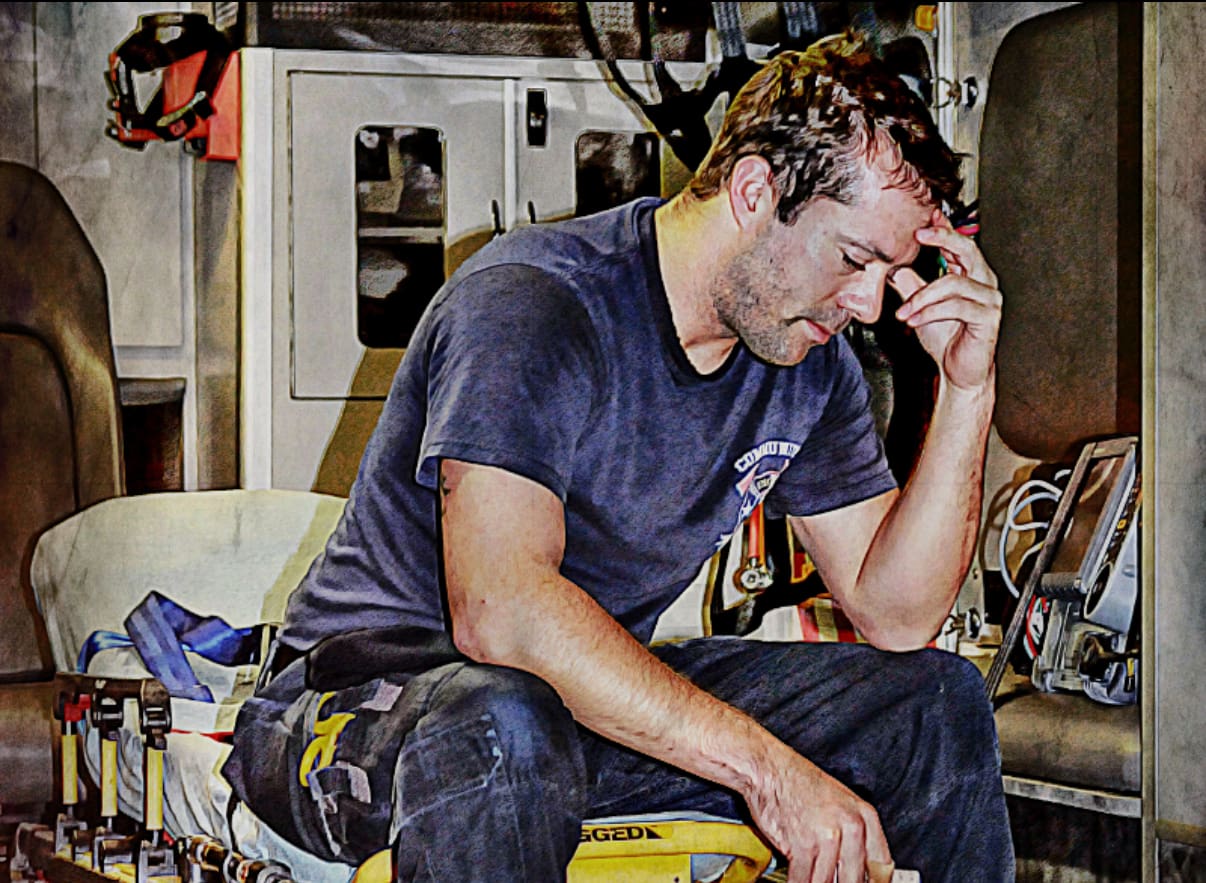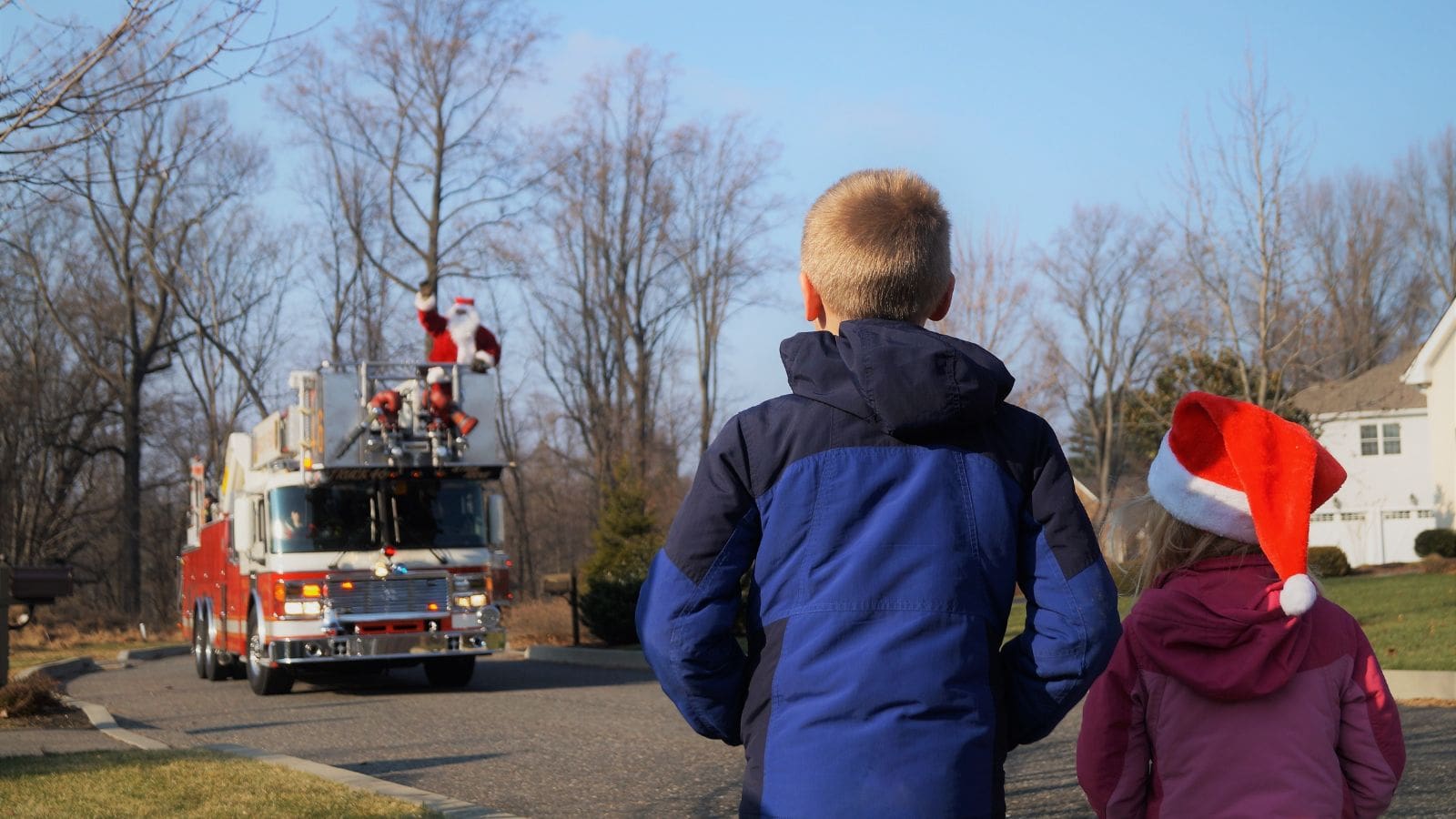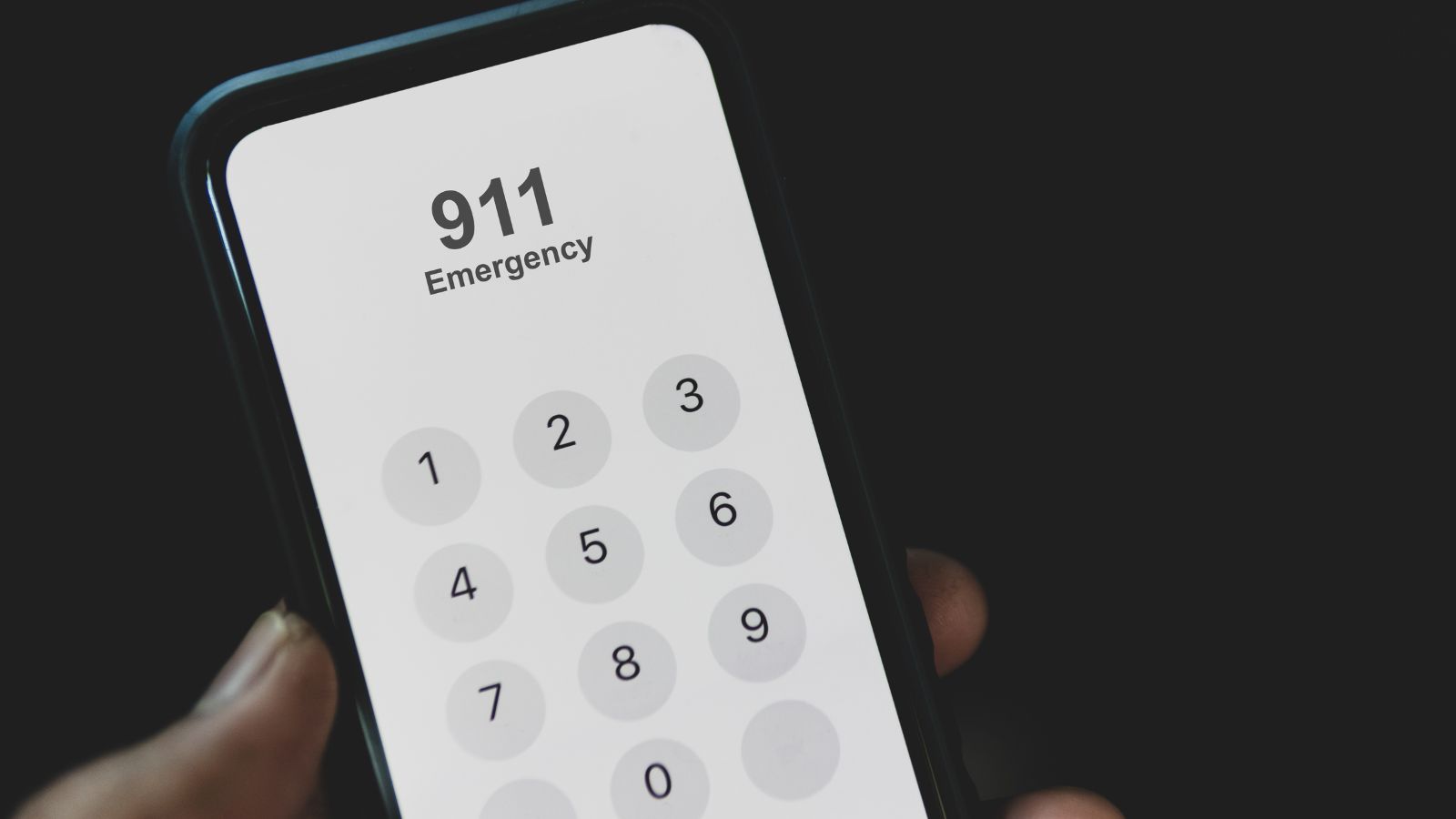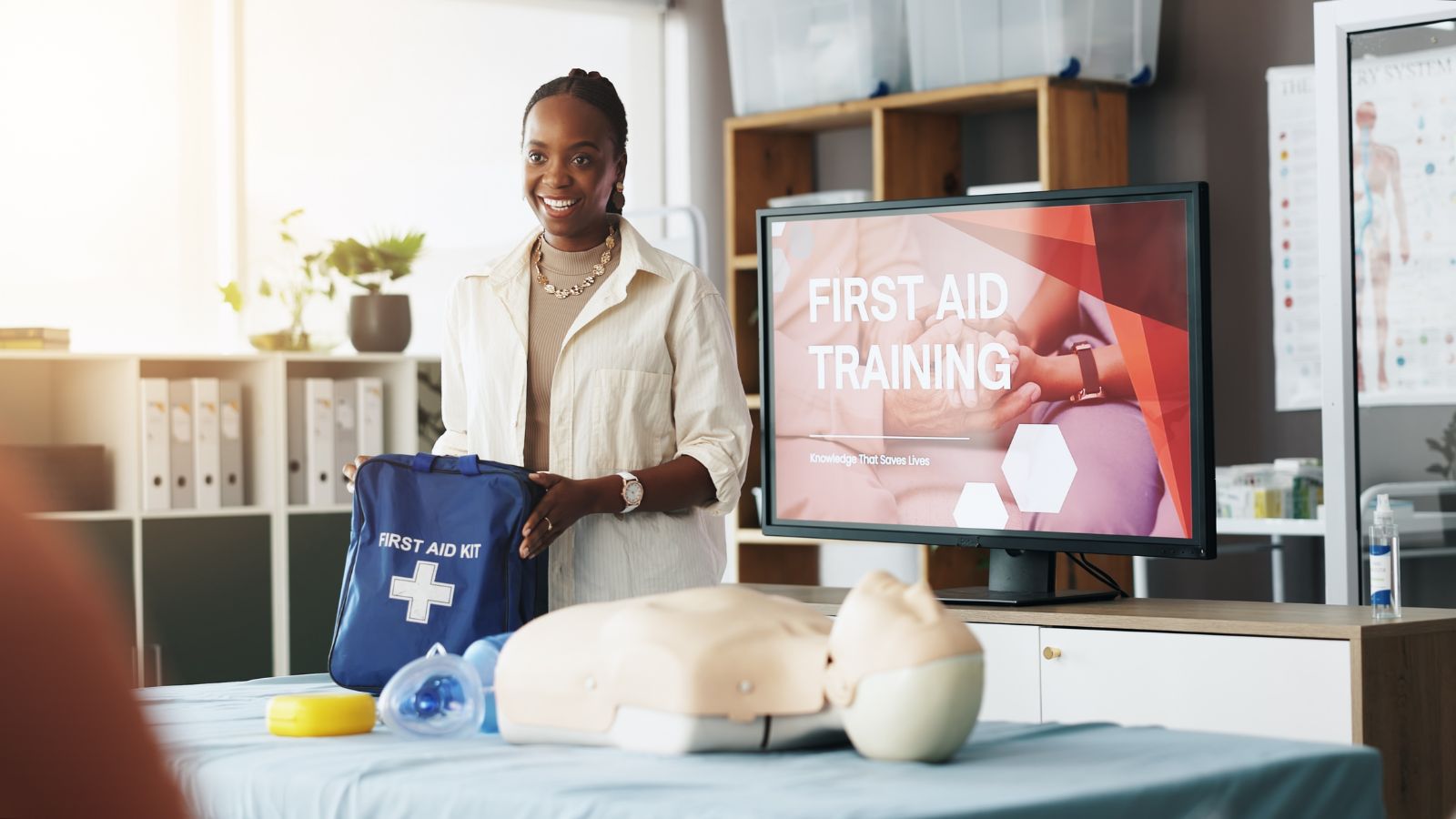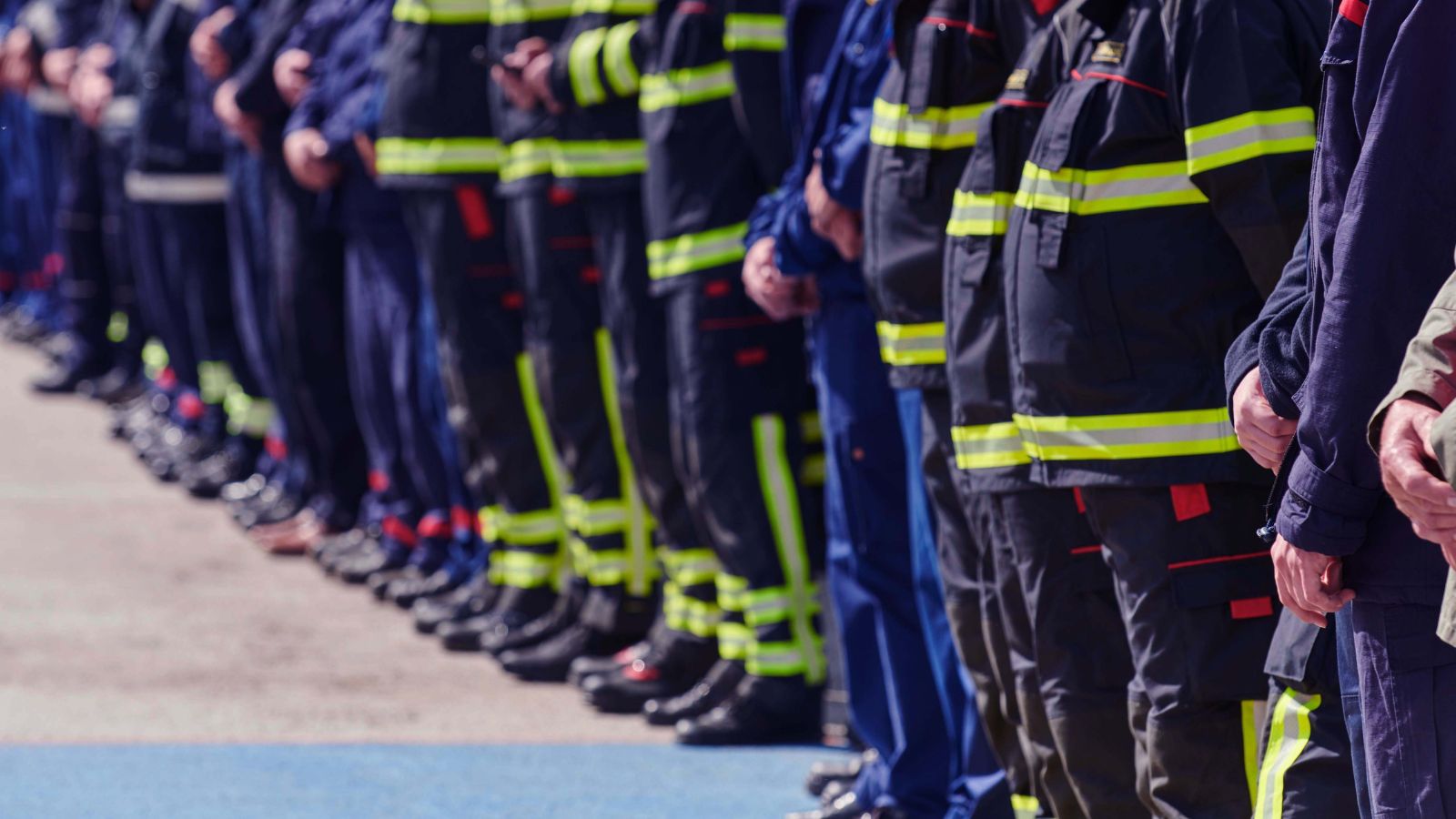The holidays are often painted as a season of joy, rest, and togetherness—but for many first responder families, this time of year can be especially difficult.
Police officers, firefighters, EMTs, corrections officers, dispatchers, and other emergency professionals frequently work long, unpredictable hours. Holidays don’t stop emergencies. For their families, that often means empty chairs at the table, heightened anxiety, and the emotional toll of knowing their loved one is running toward danger while others celebrate.
Supporting first responders means supporting their families, too. Here are meaningful ways individuals, organizations, and communities can help during the holiday season.
How to Help Families of First Responders During the Holidays
1. Acknowledge the Invisible Sacrifice
First responder families quietly carry a unique burden—missed birthdays, canceled plans, and constant worry. Simply acknowledging that sacrifice matters more than most people realize.
A handwritten note, a thoughtful message, or even a sincere “Thank you for sharing your family with our community” can validate what often goes unseen.
Why it matters: Feeling recognized reduces isolation and reminds families they are not alone.
2. Support the Home Front
When a first responder is working overtime or deployed during the holidays, everyday responsibilities don’t pause.
Practical help goes a long way:
- Offer to shovel snow, rake leaves, or take out trash
- Drop off a meal or grocery gift card
- Help with childcare during long shifts
- Run a simple errand so families can catch their breath
These acts may seem small, but they reduce stress at a time when emotional bandwidth is already stretched thin.
3. Include the Kids
Children of first responders often feel the absence of a parent most sharply during holidays. Creating moments of joy and normalcy can be incredibly impactful.
Consider:
- Donating toys or books specifically for first responder children
- Supporting holiday events, parties, or gift programs
- Writing letters or cards of encouragement to kids
For children, these gestures send a powerful message: Your family’s sacrifice is seen and appreciated.
4. Support Mental and Emotional Wellness
The holidays can intensify stress, anxiety, and trauma—especially for families already living with uncertainty.
You can help by:
- Supporting organizations that provide counseling or peer support
- Donating to programs offering trauma-informed care
- Encouraging wellness resources like fitness, self-defense, or mindfulness programs
Mental health support isn’t just for first responders—it’s essential for their spouses and children, too.
5. Give to Trusted Nonprofits Serving First Responders
One of the most effective ways to help is by supporting nonprofits that work directly with first responder families year-round.
These organizations can provide:
- Holiday meal and gift programs
- Wellness and resilience training
- Family-centered community events
A single donation can translate into groceries, counseling sessions, childcare support, or a brighter holiday morning for a family in need.
6. Be Flexible and Compassionate
If you have a first responder family in your life, flexibility is one of the greatest gifts you can give.
Plans may change at the last minute. Celebrations may be rescheduled. Energy may be low. Lead with grace and understanding—your patience communicates support more than words ever could.
7. Turn Gratitude Into Action
It’s easy to say “thank you for your service.” It’s more powerful to back those words with action.
This holiday season, ask yourself:
- How can I lighten the load for a first responder family?
- How can my business, gym, church, or organization give back?
- How can I help in a way that’s consistent, not just seasonal?
When gratitude becomes action, communities grow stronger—and first responder families feel supported long after the decorations come down.
Final Thoughts
First responders don’t serve alone. Their families stand beside them every shift, every holiday, and every crisis.
This season let’s honor that sacrifice not just with words, but with compassion, generosity, and intentional support. When we care for first responder families, we strengthen the very foundation of those who protect us all.
First Responders Foundation
The mission of the First Responders Foundation is to serve and honor all our First Responders, Veterans and their families; build appreciation and respect for their work; and enhance public safety. For more information, visit First Responders Foundation, or contact us.

